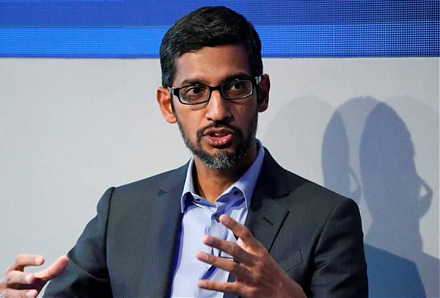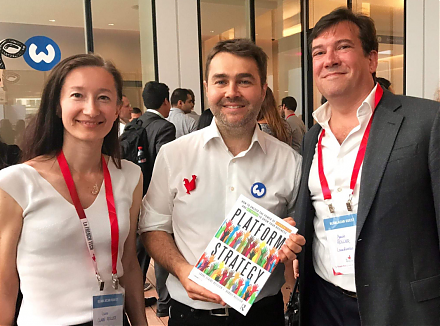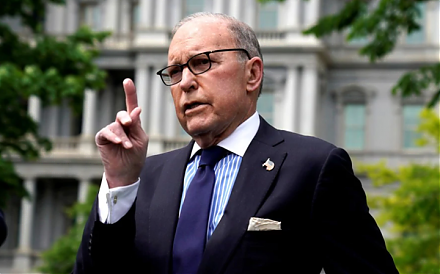

2019-05-07 09:30:00 Tue ET
federal reserve monetary policy treasury dollar employment inflation interest rate exchange rate macrofinance recession systemic risk economic growth central bank fomc greenback forward guidance euro capital global financial cycle credit cycle yield curve
The Trump team receives a 3.2% first-quarter GDP boost as Fed Chair Jay Powell halts the next interest rate hike in early-May 2019. This smooth upward economic trajectory exceeds most stock market expectations and projections of about 2.5% real GDP growth as of 2019Q1. Moreover, this favorable rebound puts to rest prior pervasive investor fears of an economic recession. This key economic momentum arises without fresh inflationary pressure. As core CPI inflation continues to hover near the 2% target level and the U.S. economy operates with lower unemployment near 3.6%, the Federal Reserve remains patient on the next round of interest rate adjustments after mid-2019.
In the current economic scenario, there is no clear trade-off between inflation and unemployment as the New Keynesian Phillips Curve (NKPC) might indicate. The Phillips curve seems to substantially flatten in recent years, thus the U.S. economy operates near full employment with low inflation. This economic outlook resonates with the Federal Reserve dual mandate of maximum sustainable employment and price stability. Meanwhile, the greenback depreciates a little for U.S. export prices to remain competitive in the global economic landscape. These positive economic events can contribute much to the Trump economic scorecard for his presidential re-election in 2020.
If any of our AYA Analytica financial health memos (FHM), blog posts, ebooks, newsletters, and notifications etc, or any other form of online content curation, involves potential copyright concerns, please feel free to contact us at service@ayafintech.network so that we can remove relevant content in response to any such request within a reasonable time frame.
2017-09-19 05:34:00 Tuesday ET

Facebook, Twitter, and Google executives head before the Senate Judiciary Committee to explain the scope of Russian interference in the U.S. presidential el
2025-06-13 08:23:00 Friday ET

What are the mainstream legal origins of President Trump’s new tariff policies? We delve into the mainstream legal origins of President Trump&rsquo
2018-07-15 11:35:00 Sunday ET

Facebook, Google, and Twitter attend a U.S. House testimony on whether these social media titans filter web content for political reasons. These network pla
2020-05-28 15:37:00 Thursday ET

Platform enterprises leverage network effects, scale economies, and information cascades to boost exponential business growth. Laure Reillier and Benoit
2019-08-04 08:26:00 Sunday ET

U.S. and Chinese trade negotiators hold constructive phone talks after Presidents Trump and Xi exchange reconciliatory gestures at the G20 summit in Japan.
2019-08-20 07:33:00 Tuesday ET

The recent British pound depreciation is a big Brexit barometer. Britain appoints former London mayor and Foreign Secretary Boris Johnson as the prime minis